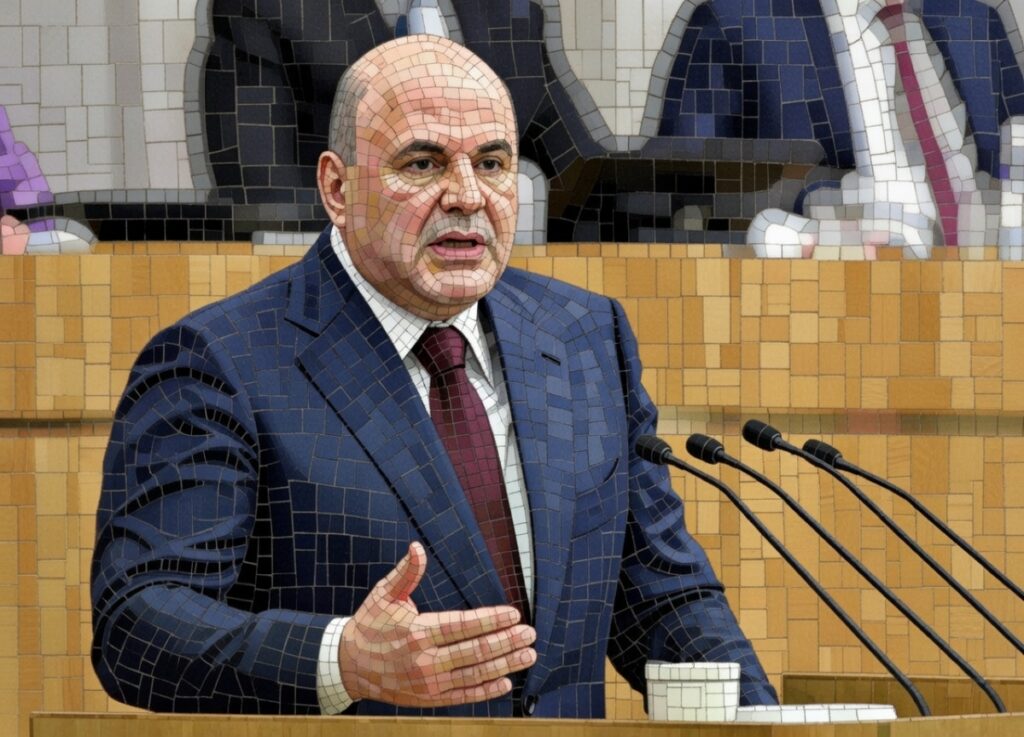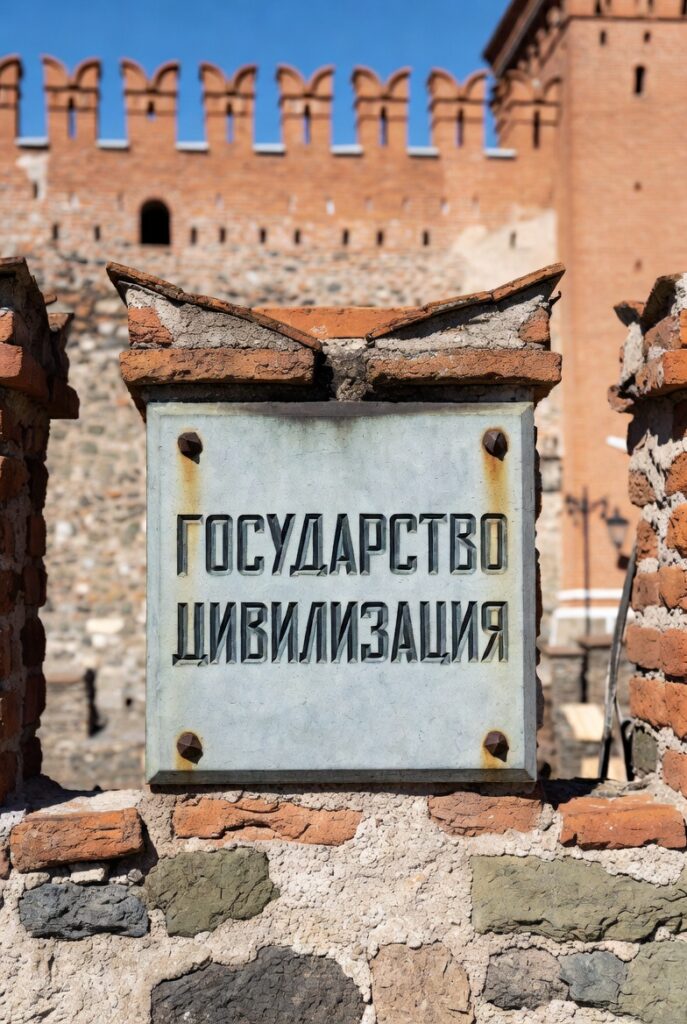Russian officials are talking more and more about how Russians without official jobs should still pay social contributions. Moscow Mayor Sergei Sobyanin brought it up in September, and last week, Federation Council Speaker Valentina Matviyenko chimed in on the same issue.
«When young, healthy people of working age aren’t working anywhere—it’s shadow employment, or they just don’t want to. So the question is: what income sources are they living on? I’ve got an idea. Employers pay an average of 45,000 rubles per worker for medical insurance across the country. Tell me, please, those 700,000 non-working folks in Moscow—couldn’t they work two months to earn at least 45,000 and cover this average annual insurance?» Matviyenko said at budget hearings in the Federation Council.
Not long after, the Federation Council proposed scrapping Russia’s self-employment regime, which is meant to run experimentally until 2028. The government said it wouldn’t go that far, but questions about the self-employed’s future linger—it’s hard to imagine the upper house acting alone or floating these ideas without Kremlin buy-in. Russia’s budget is strapped for cash, and the authorities are scrambling for extra funds to keep the war going. Self-employed workers, who only pay 6% tax on gigs with legal entities and 4% on income from individuals—and skip social contributions altogether—make for an easy target.
It’s entirely possible the Federation Council is playing bad cop here, pushing to wipe out the self-employment regime altogether. Now expect the good cops—the government and the Kremlin—to step in, stressing how vital self-employed people are, keeping their tax setup intact, but making them cough up social contributions. This could turn into a fresh «war bill» that the powers-that-be hand to Russian society. But mandating social contributions for everyone risks unraveling the unspoken deal in Putin’s vertical power structure with ordinary citizens. The Kremlin has always stressed it upholds the big social promises—free medicine and education. Those are funded by taxes, including payroll deductions from working folks, though plenty don’t realize how much of their earnings goes to social contributions and, by extension, that «free» healthcare. Self-employed skip those payments entirely. That’s why Russians put up with the service quality: they know free rarely means good (Moscow’s medical system might be the exception).
By making people pay for what used to be «free» services, the Kremlin is rewriting the social contract. Even in the brutal 1990s, the authorities shied away from measures this unpopular. And yet, pitting «Putin’s stability» against the «wild 90s» is still a staple of official propaganda. Citizens aren’t likely to cheer a slide in their social standing: the numbers Matviyenko tossed out (around 4,000 rubles a month per person) will hit hard for most Russian families. Plus, gripes about «paid» medicine will only grow as people start wondering where their money’s actually going. Based on Dmitry Peskov’s blunt claims—that Russians supposedly back the war and Putin’s direction, so they should swallow tax hikes—the Kremlin will just serve up a straightforward, cynical comeback.
Military Clashes in City Councils
Ukraine war veterans who’ve snagged seats on municipal councils are butting heads with the leadership and demanding paid gigs. They point to Vladimir Putin’s words that «SVO veterans» should form the «new elite» and get career boosts. Scandals like this popped up in Voronezh and Orel after city council elections. In Voronezh, the municipal assembly got Hero of Russia Andrey Dyachenko as its head—he’s got no ties to the Ukraine war but fought in Syria. The vice-speaker spot went to United Russia loyalist Oleg Cherkesov, who’d held it the whole previous term. But then deputy Mikhail Gamburg, a United Russia voice who’d seen combat, threw his hat in unexpectedly.
He slammed Cherkesov, saying the guy had been shaking down candidates for «donations» to United Russia during the campaign (standard stuff for party insiders).”We didn’t sit in the trenches with you. I don’t know what you’re up to there. And I sure don’t know how you had the nerve," Gamburg unloaded on Cherkesov.
The deputy then stormed out. Cherkesov fired back at his party mate pretty sharply: «Everyone’s got ambitions. The guy probably meant it literally—that every SVO fighter should run the show. We value, love, and respect them all, but we can’t shove experienced deputies to the sidelines.»
In Orel’s city council, war vet and previous-term vice-speaker Vladimir Stroev vied for chair. The authorities backed the other vice-speaker, Vladimir Negin, who won the post. Unlike Gamburg, Stroev didn’t walk out, but he shared a video of Putin on veteran promotions with the caption: «Are we even in the same country?»
What’s telling is that neither Stroev nor Gamburg are your average grunts that United Russia plucked for civilian roles. Most «veterans» landing leadership spots are from local elites anyway. Stroev, the speaker hopeful, was already a vice-speaker—and he’s the nephew of the ex-regional governor to boot. Gamburg runs a security firm. Even so, for types like them, war service isn’t the golden ticket to promotion. United Russia and local admins have their own agendas and deals.
For obvious reasons, the system pushes back against elevating war participants to spots with real clout and levers. Not one formal war participant made it as a regional parliament speaker this year (and those gigs are more ceremonial than powerful these days anyway). Municipal council chairs are turning into a glass ceiling for the military—real ones and elite types who’ve loudly shipped off to the front. This election round, Hero of Russia Konstantin Kuteynikov took the Tambov city duma helm, and combat vet Sergei Sechenov got re-elected as Tomsk council speaker. Municipal government’s long since ceded most authority and budget muscle to the vertical chain. City council speakers are more like salaried honorary elders (and often the only deputies pulling a paycheck). A few governors—like Tomsk Oblast head and ex-Kremlin political operative Vladimir Mazur, or Tambov Oblast’s leader, former Krasnodar mayor and «Time of Heroes» alum Evgeny Pervyshov—are happy to hand out these perks as a nod to the military, currying favor up top. Others won’t even go that far.
With that setup, clashes are bound to happen with ambitious local-elite war vets citing Putin’s rhetoric and demanding spots. Their numbers will probably climb, maybe pulling in actual military types as the system doles out a handful of regional and municipal roles. But soon enough, they’ll find those jobs more hassle than help for regular folks. Rank-and-file deputies get no pay but have to grind through meetings and paperwork. No real sway, either—just toeing the party line. The Kremlin apparently skipped that memo for all those «military» talent pipelines.










